From Variety:
A well-known actor on the indie circuit, racking up well over a half dozen appearances in low-budget U.S. and European productions last year alone, Brady Corbet, who turned 27 in August, recently made his directing debut with “The Childhood of a Leader†– a film that last month caught the eye of Jonathan Demme’s Orrizonti jury, which awarded it the best director prize at the 2015 Venice Film Festival. Invoking the spirit of the young Orson Welles, Demme later described the film, which is repped by Protagonist Pictures, as “dazzling and exquisitely originalâ€Â ahead of a one-off screening later this month at the Jacob Burns Film Center in Pleasantville, New York.
Loosely inspired by the early childhood experiences of many of the most infamous dictators of the 20th century, “The Childhood of a Leader†stars Berenice Bejo and Liam Cunningham as an American couple settling into the French countryside at the end of the World War I, at which time the father is involved in the delicate peace negotiations surrounding the Treaty of Versailles. His wife is a devout Christian who struggles with the tantrums of their son (Tom Sweet), an angelic-looking boy whose behaviour becomes increasingly disturbing. Robert Pattinson and Stacy Martin also appear in the film, which also brought Corbet a cash prize in the form of Luigi De Laurentiis award for best debut
Variety: How would you describe your film, “The Childhood of a Leader�
Brady Corbet: The film is a chronicle of the childhood experiences of a megalomaniac at the end of the first world war. We were not too interested in pointing at specific instances of cause and effect, however, so the film strings together a series of episodes that evoke the possibility of causality but is designed to leave viewers to identify their own prompting factors.
Variety: Is it a script you developed yourself? What was the process?
Corbet: I began writing a version of the script on my own ten years ago. I put it down because I was worried it was “too big†to make as a debut picture. My partner, Mona Fastvold, convinced me to pick it back up and she breathed new life into it. We finished it together
Variety: Why did you want to tell this story?
Corbet: I’ve always been very interested in the Paris Peace Conference and the interwar period between 1918 and 1939.
Variety: How did you cast the film?
Corbet: We offered roles to our adult cast members, and held simple auditions (one page of text) for the boys reading for the main role. Des Hamilton and his great team found Tom Sweet and brought him in. Tom was everything we had envisioned and more. He is the film’s greatest triumph.
Variety: How did Robert Pattinson get involved?
Corbet: Robert Pattinson is a friend of ours, and we really have a lot of common interests and tastes. He’s really charismatic, and we thought it would be wonderful to apply that charisma to these very early, seemingly unimportant sequences, and only really by the end of the film do you realise how significant they are.
Variety: Where did you shoot, and what were you looking for, location-wise?
Corbet: The story is mostly set in France but was shot in Hungary at the strong suggestion of our production designer and creative partner Jean-Vincent Puzos. This was not only for tax reasons, which suited the production, but because he knew how extraordinary the crews were there… We were seeking out massive set-pieces with the bones of what we had in mind already in place as we couldn’t afford to build much.
Variety: How did you persuade composer Scott Walker to get on board?
Corbet: I wrote him a letter and sent them through to everyone I thought might be able to reach him… When he finally received it, he replied with a yes very quickly. It was a great day.
Variety: What are your hopes for the film?
Corbet: Our hopes have already been exceeded in some ways. The prizes for best director and best debut film at Venice have helped very much for the film’s awareness, so now we just hope that audiences continue to keep an open mind to the experience.
Variety: What’s next for you?
Corbet: Mona Fastvold is at work on her next film, an adaptation of a sweeping and swooning novel set in the late 1940s, so that will keep us busy. I’m also enjoying some time off with our daughter while conceiving my new film, which so far is more free, more radical than “Childhood.â€






















 Turning the calendar page to March.
#Robert
Turning the calendar page to March.
#Robert


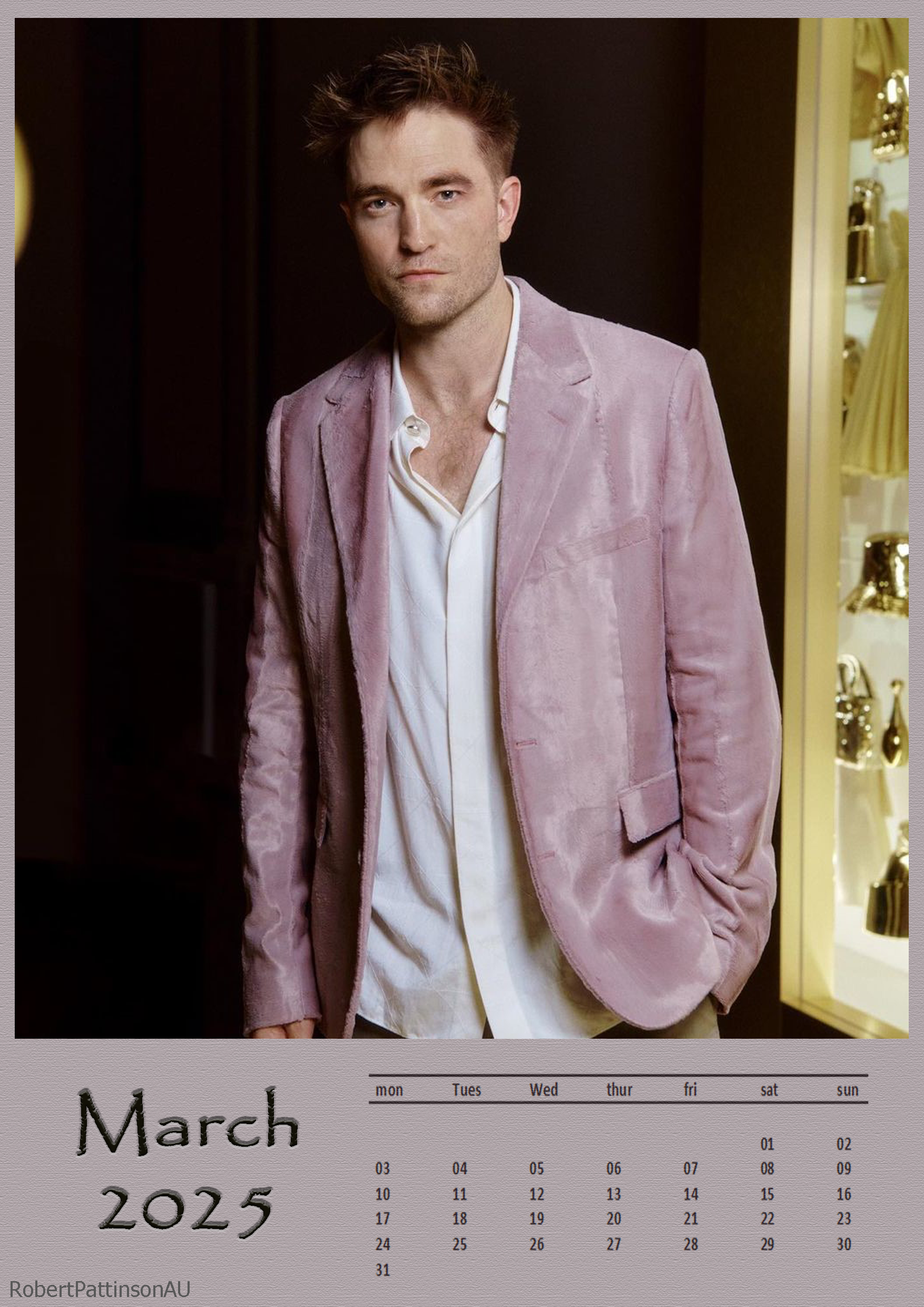
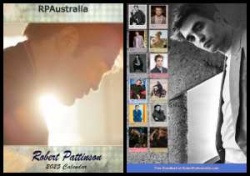















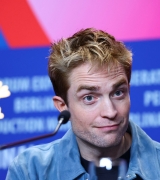






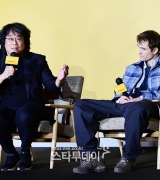
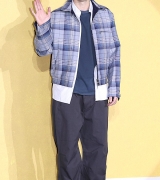

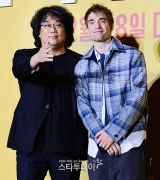
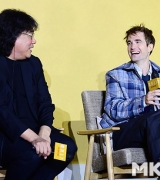
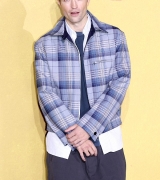
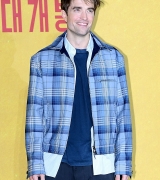
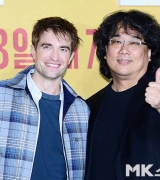
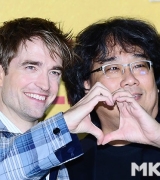
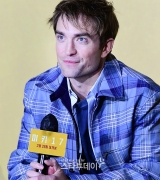
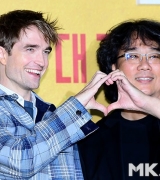
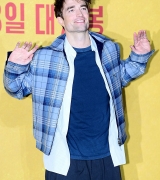
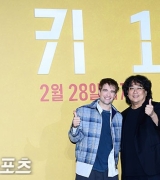
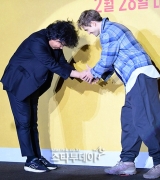
Posted on October 19, 2015
So great! Thanks!!